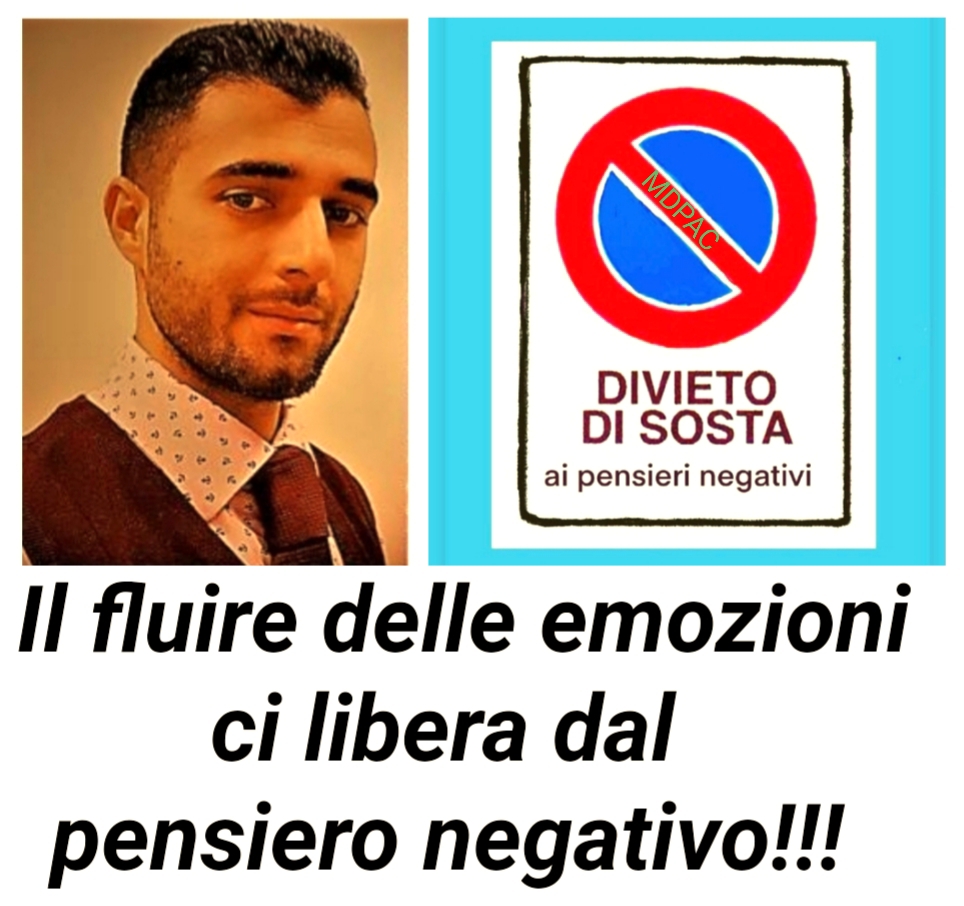Un punto interrogativo si guarda allo specchio: articolo sulla rivista educare 03 uscita n. 4 marzo-aprile 2018
"Se creo qualcosa usando il cuore, molto facilmente funzionerà" (Marc Chagall).
Carissime/i,
ecco il nuovo articolo sul Metodo del Disegno Psicoemotivo per l'Analisi e la Consapevolezza pubblicato sulla rivista 03, che potete scaricare cliccando sul seguente link:
Le emozioni sono come l'acqua, un elemento vitale: ci proteggono se sappiamo ascoltarle e dare loro voce.
CORSO DI FORMAZIONE MDPAC: http://mdpac.blogspot.it/2016/11/corso-di-formazione-mdpac-rivolto.html
Secondo la Medicina Tradizionale Cinese le emozioni entro certi limiti non causano alcun disturbo organico, mentre se diventano incontrollabili possono sopraffare una persona e danneggiare gli organi interni.
Questa prospettiva avrebbe una sua valenza, se non fosse che il rischio è quello di valutare la purezza delle acque di un fiume a valle dopo che ha trasportato qualsiasi cosa durante il percorso e non alla fonte: a mio parere nella frase non sono le emozioni a danneggiare gli organi interni, ma la nostra incapacità a gestirle e la tendenza a dare più importanza alla RAGIONE e ai pensieri, soprattutto a quelli negativi.
L'individuo pone molta attenzione alla sfera cognitiva (pensiero) trascurando le emozioni, che devono esplodere per ricevere ascolto e il corpo si fa carico della loro espressione diretta, come una madre sufficientemente buona che nutre figlio nonostante possa morderle il seno e se ne prende cura quand'anche la faccia disperare.
Chi non sa nuotare non si tufferebbe mai in acque profonde e anche il migliore nuotatore non sfiderebbe mai la potenza del mare: ecco perché è importante il lavoro psicoeducativo con l'MDPAC.
CORSO DI FORMAZIONE MDPAC: http://mdpac.blogspot.it/2016/11/corso-di-formazione-mdpac-rivolto.html
Secondo la Medicina Tradizionale Cinese le emozioni entro certi limiti non causano alcun disturbo organico, mentre se diventano incontrollabili possono sopraffare una persona e danneggiare gli organi interni.
Questa prospettiva avrebbe una sua valenza, se non fosse che il rischio è quello di valutare la purezza delle acque di un fiume a valle dopo che ha trasportato qualsiasi cosa durante il percorso e non alla fonte: a mio parere nella frase non sono le emozioni a danneggiare gli organi interni, ma la nostra incapacità a gestirle e la tendenza a dare più importanza alla RAGIONE e ai pensieri, soprattutto a quelli negativi.
L'individuo pone molta attenzione alla sfera cognitiva (pensiero) trascurando le emozioni, che devono esplodere per ricevere ascolto e il corpo si fa carico della loro espressione diretta, come una madre sufficientemente buona che nutre figlio nonostante possa morderle il seno e se ne prende cura quand'anche la faccia disperare.
Chi non sa nuotare non si tufferebbe mai in acque profonde e anche il migliore nuotatore non sfiderebbe mai la potenza del mare: ecco perché è importante il lavoro psicoeducativo con l'MDPAC.
Buona lettura.
Follows the translation in English...
"If I create something using the heart, it will very easily work" (Marc Chagall).
Emotions are like
water, a vital element: they protect us if we can listen to them and give them
a voice.
According to
Traditional Chinese Medicine emotions within certain limits do not cause any
organic disturbance, while if they become uncontrollable they can overwhelm a
person and damage the internal organs.
This perspective
would have its value if it were not that the risk is to assess the purity of
the waters of a river downstream after it has carried anything along the way
and not at the source: in my opinion in the sentence are not the emotions to
damage the internal organs, but our inability to manage them and the tendency
to give more importance to the REASON and to the thoughts, especially the
negative ones.
The individual pays
much attention to the cognitive (thinking) sphere, neglecting the emotions,
which must explode in order to receive listening, and the body takes charge of
their direct expression, like a sufficiently good mother who nurtures a child
despite biting her breasts and takes cure even if you make her despair.
Those who can not
swim will never dive into deep waters and even the best swimmer would never
challenge the power of the sea: this is why psychoeducational work is important
with MDPAC.
Enjoy the reading.



Commenti
Posta un commento